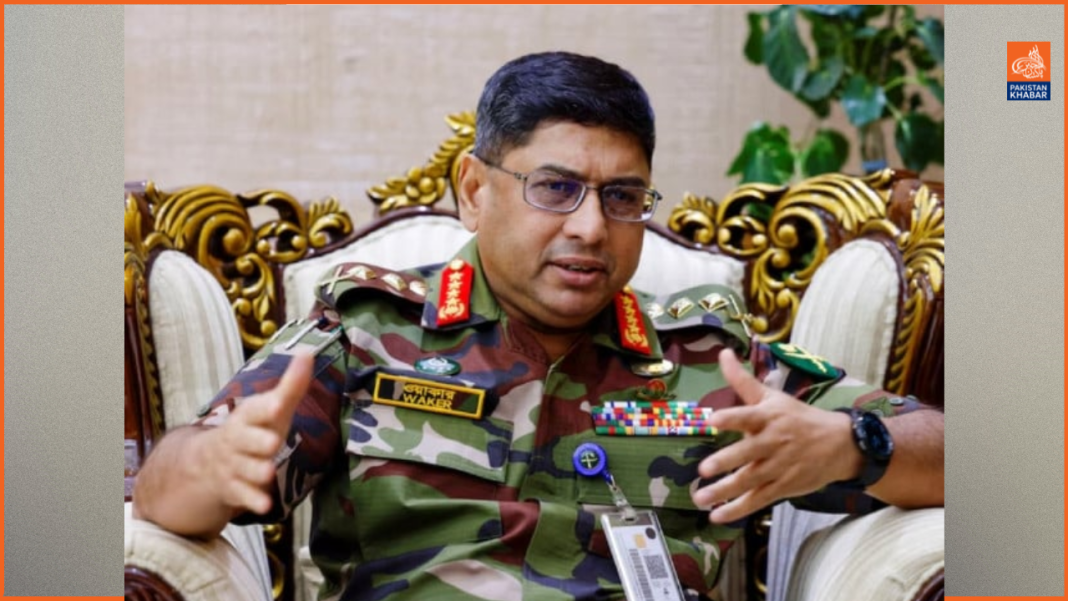Bangladesh’s army chief has pledged unwavering support for the country’s interim government, led by Nobel laureate Muhammad Yunus, asserting that he will back its efforts “come what may” to ensure crucial reforms are implemented and pave the way for elections within the next 18 months.
General Wakeruz Zaman made this commitment following the ousting of former Prime Minister Sheikh Hasina, who resigned after 15 years in power amid widespread student-led protests and subsequently fled to India.
In a rare interview with Reuters at his office in Dhaka, Zaman expressed his full support for Yunus and emphasized the need to free the military from political entanglements. “I will stand beside him. Come what may, so that he can accomplish his mission,” he stated, referring to Yunus.
Yunus, a pioneer of the microcredit movement, has vowed to implement essential reforms in the judiciary, police, and financial institutions to facilitate a free and fair election in the country of 170 million.
Zaman, who became army chief just weeks before Hasina’s ouster, suggested that a transition to democracy could occur within one to one-and-a-half years but highlighted the need for patience. “If you ask me, then I will say that should be the timeframe by which we should enter into a democratic process,” he noted.
The two main political parties, Hasina’s Awami League and the opposition Bangladesh Nationalist Party, had previously called for elections to occur within three months of the interim government’s formation in August.
Zaman mentioned that he and Yunus maintain a good working relationship, meeting weekly to discuss the government’s stabilization efforts following a turbulent period. He expressed confidence, saying, “I believe that if we collaborate, there’s no reason for us to fail.”
Following a series of violent protests that resulted in over 1,000 deaths, calm has returned to Dhaka, though some civil service operations remain disrupted after Hasina’s administration collapsed. The army has stepped in to maintain law and order as police forces continue to grapple with disarray.
With a history of military rule, Zaman emphasized that the army he commands will refrain from political involvement. “I will not do anything detrimental to my organization. I am a professional soldier. I would like to keep my army professional,” he asserted.
As part of ongoing reforms, the interim government has established a commission to investigate reports of up to 600 people allegedly “disappeared” by security forces since 2009.
Looking to the future, Zaman expressed a desire to create a separation between the military and political spheres, advocating for a balance of power that places the armed forces directly under the president rather than the prime minister, which he believes could be addressed through constitutional reform. “The military should never be utilized for political purposes under any circumstances.” A soldier must not indulge in politics,” he concluded.




